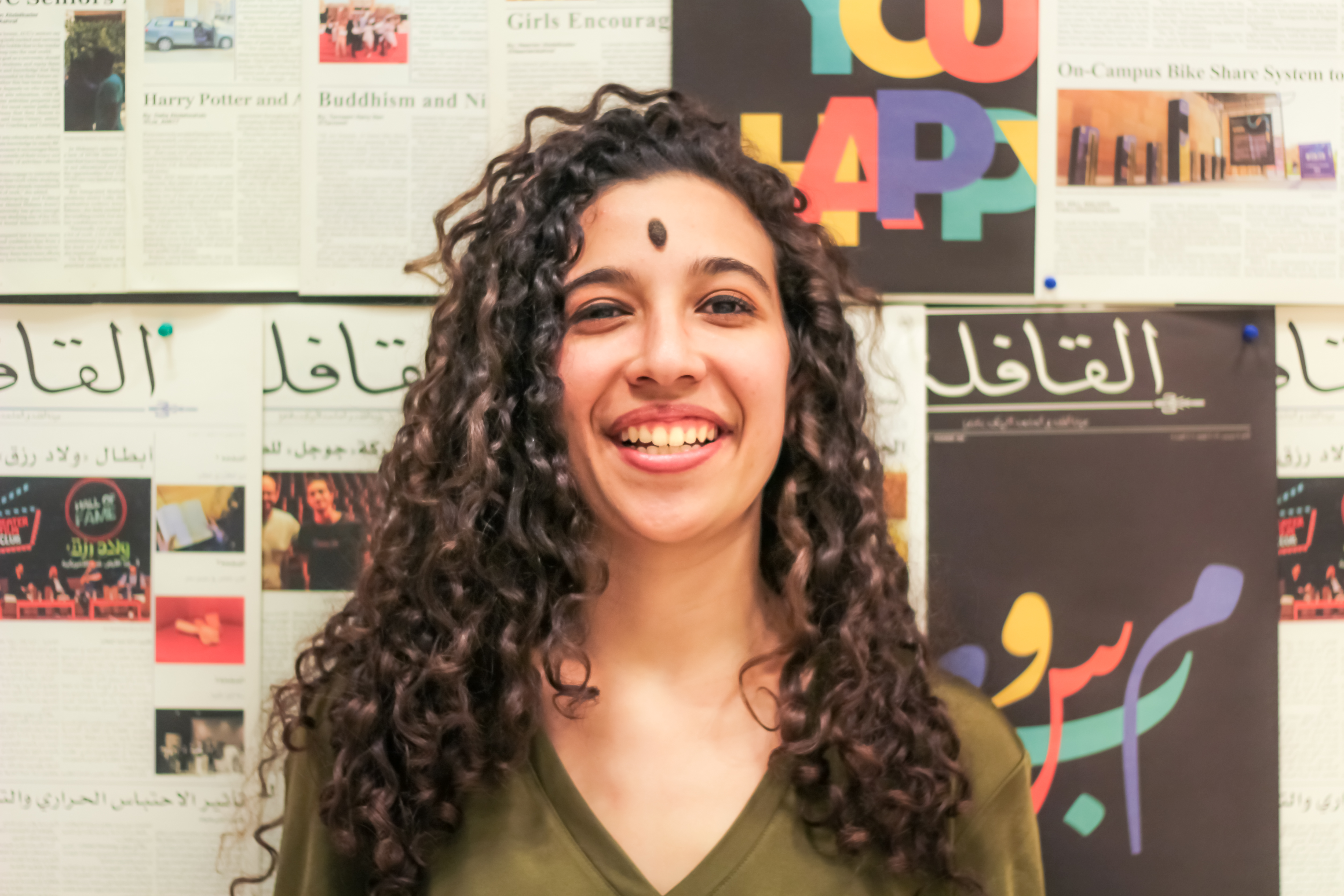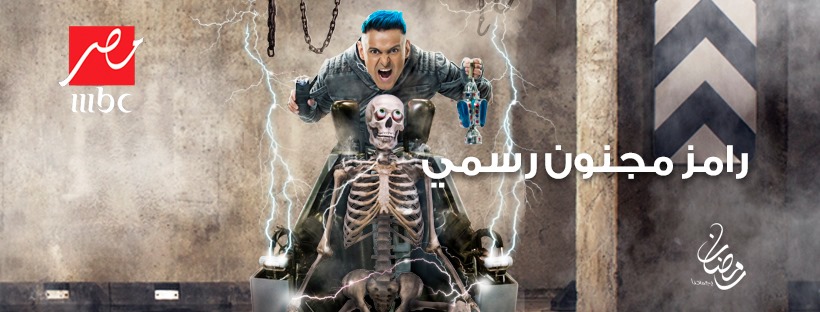A Nation of the Nile
Lilian Gamal
Arts & Culture Editor
On February 29, tensions simmered as Ethiopia protested in absentia the Egypt-U.S. negotiations in Washington, over the operation of Grand Ethiopian Renaissance Dam (GERD).
Egypt’s Foreign Minister Sameh Shoukry asserted that Ethiopia cannot follow through with the construction of GERD, without reaching final agreements with all countries involved.
Downstream countries Egypt and Sudan impacted by this energy-water divide, were present in the final talks on February 27 and 28, while Ethiopia withdrew at the last minute for more internal advisory consultations.
The final rounds of negotiations included Egypt, Sudan and the U.S. Treasury Secretary Steven Mnuchin, and World Bank President David Malpass. Mnuchin said that Egypt initialled the drafting for the GERD agreement.
The Treasury department said that negotiations over the past four months engaged all outstanding issues in a reasonable and rational manner. It also mentioned that Egypt demonstrated cooperation and agreement on the final drafts while ensuring to preserve its self interests.
The GERD was first announced in 2011 when Ethiopia expressed an ambitious plan to build the largest hydroelectric dam on the Blue Nile River for export and domestic electric consumption.
The total cost of the GERD will reach roughly $4.7 billion for formal execution.
Sensibly so, Egypt expressed concerns over water scarcity and fears of a regional crisis.
Egypt first signaled for international mediation and intervention from the U.S. last November. Over the past four months, all three countries had been at loggerheads, failing to reach common ground.
The Nile being the only source of water for Egypt, operating the GERD might seriously impact downstream Egypt and Sudan.
Wishful thinking is hoping Egypt’s reliance on the U.S. proves to be efficacious, particularly in the aftermath of Ethiopian Minister of Foreign Affairs stating that it was appropriate to commence operating the GERD and filling the reservoir.
Egypt, Ethiopia and Sudan signed an agreement on the Declaration of Principles in March 2015 that comprised all rules and regulations for the construction of the GERD, and articles to follow should the reservoir be ready to be filled with water and operation.
Shoukry argued that the rules of international law and the Declaration of Principles forbade Ethiopia from unilateral decisions without including Egypt and Sudan.
As the principles dictate, Ethiopia is not allowed to proceed with constructing the dam nor fill it with water, until there is a clear consensus. Ethiopia’s deliberate choice of no-show in the final talks should connote pressing the pause button on the construction phase.



